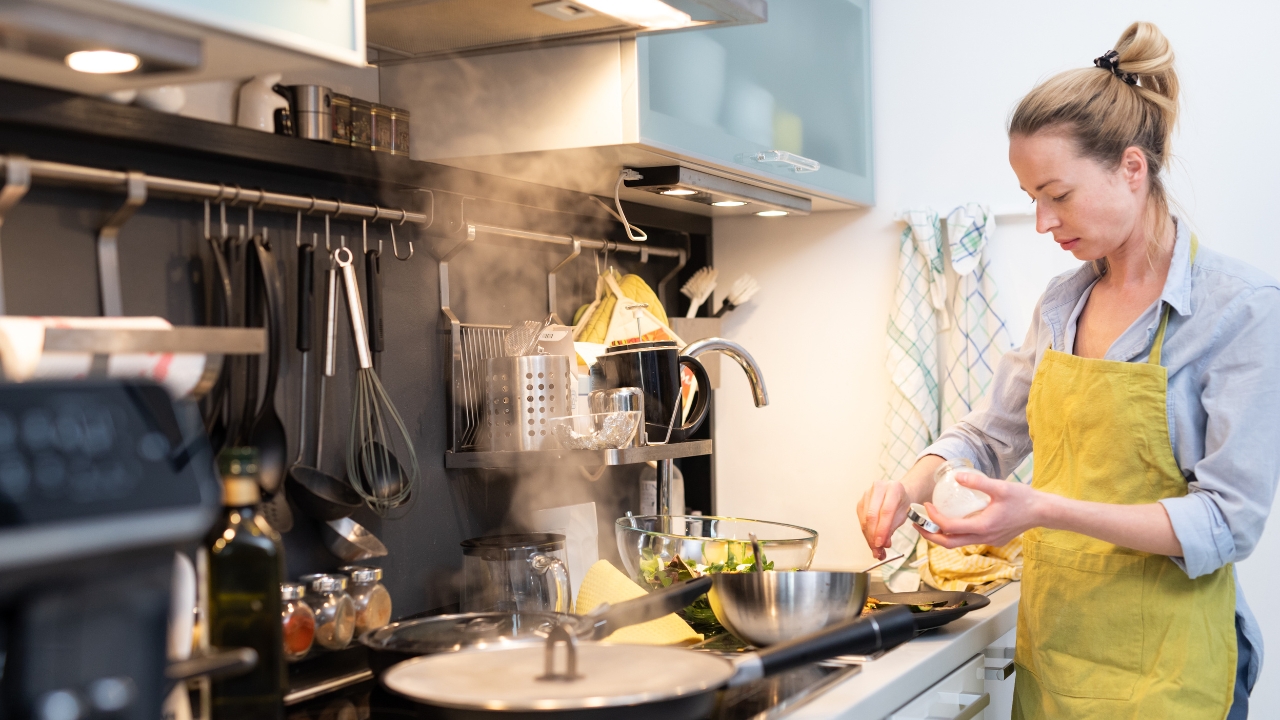7 Tricks That Keep My Kitchen From Smelling Like Last Night’s Dinner
Cooking at home is great—until the smell of last night’s garlic-loaded skillet hangs around the next morning. I used to wake up to a kitchen that still smelled like whatever I cooked for dinner, and it drove me nuts. After a lot of trial and error, I’ve figured out a handful of tricks that actually work.
These are the things I now do on autopilot to keep our kitchen smelling clean, no matter what we made for dinner the night before.
Run the Vent the Whole Time
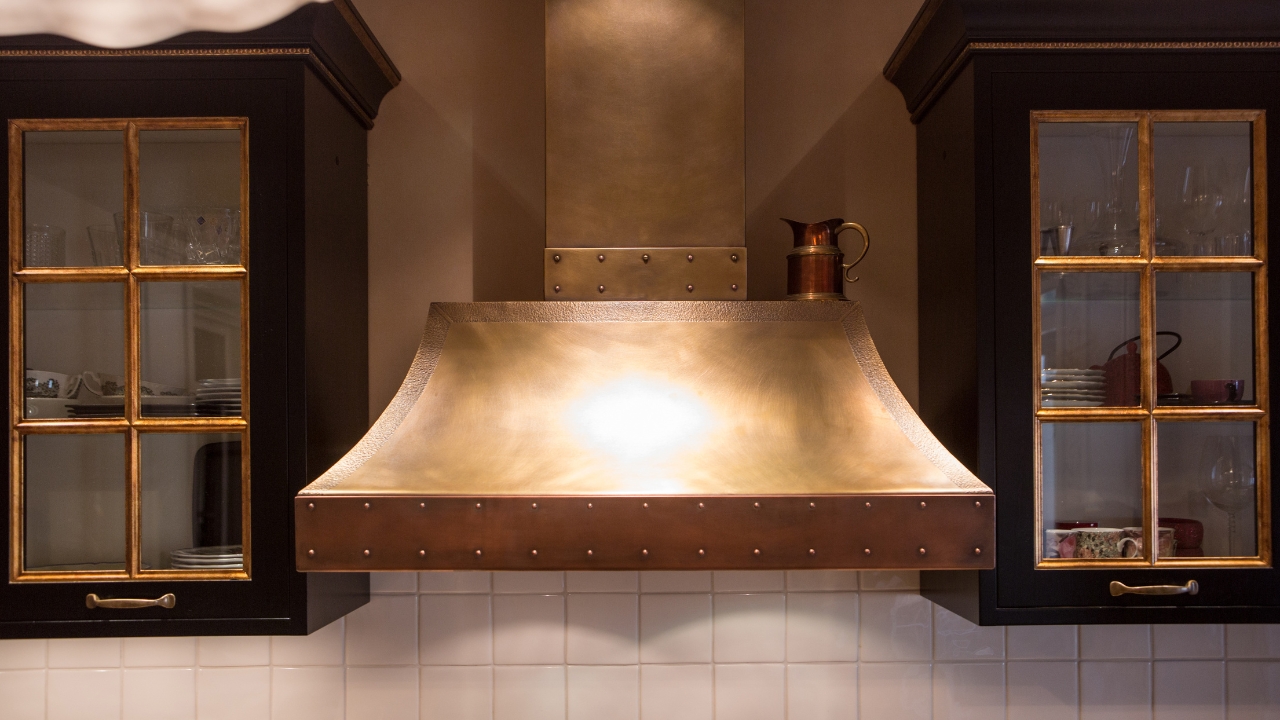
I used to flip the vent hood on halfway through cooking—now I turn it on before anything hits the pan. It pulls steam, grease, and odors up and out instead of letting them settle into everything.
Even if you think your vent doesn’t do much, running it the entire time makes a difference. If it vents outside, even better. If not, make sure those filters are clean or you’re just blowing food smells around.
Open a Window or Door (Even Just a Crack)

This one’s simple but underrated. Getting a little airflow going does way more than most candles or sprays. I usually crack a window or prop open the back door while I cook—especially if I’m making anything greasy or spicy.
Even five minutes of fresh air helps clear out lingering smells before they soak into curtains or furniture. It’s especially helpful if your kitchen’s close to the living room like mine.
Take Out the Trash After Dinner
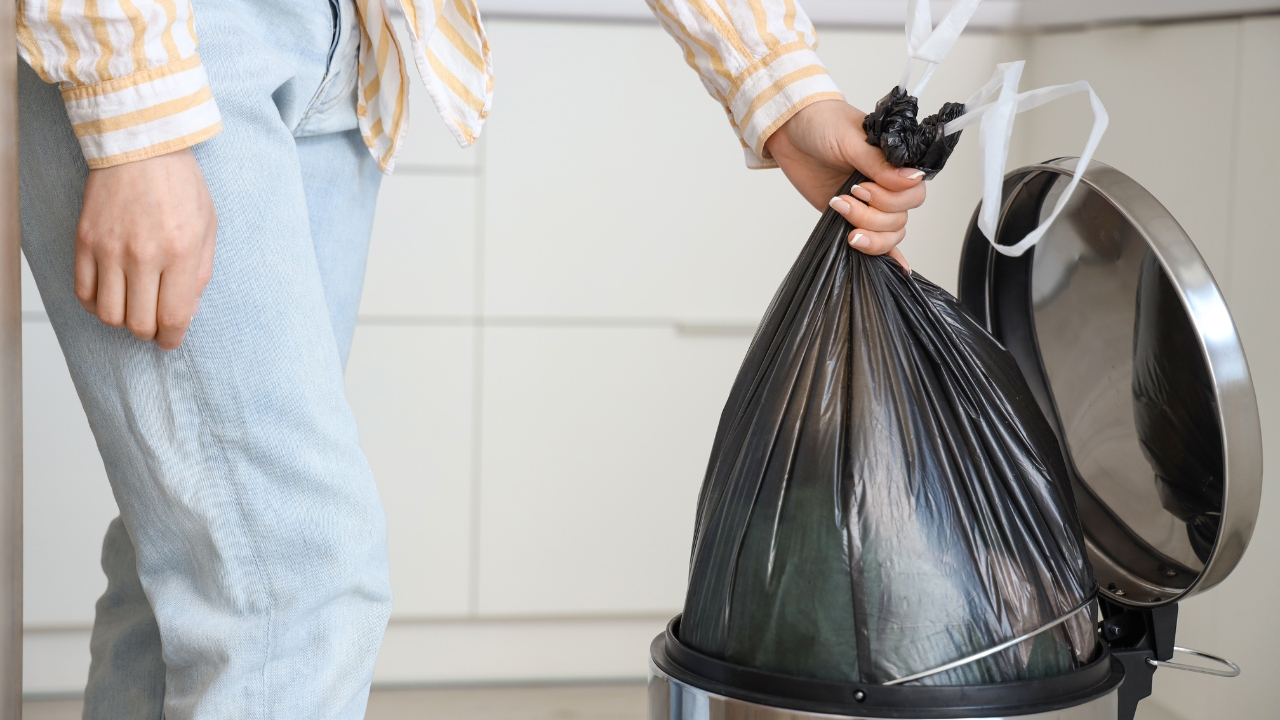
Even if it’s not full, I’ve learned to take out the trash right after we eat—especially if it has food scraps, meat packaging, or anything onion-related. It’s always the stuff you think won’t smell that ends up stinking the next morning.
I also try to give the can itself a quick spray or wipe down every couple of weeks. The inside can hold on to smells even after the bag’s gone.
Soak the Sponge and Sink with Vinegar
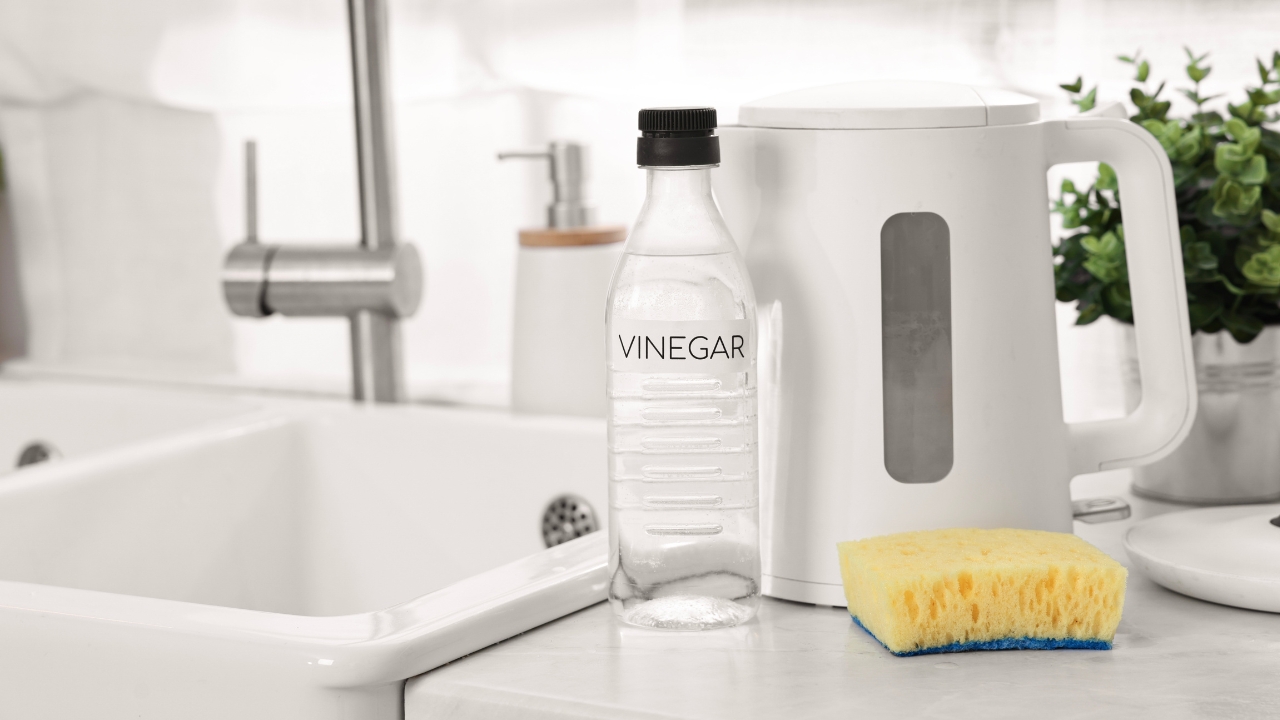
Sinks and sponges are sneaky odor culprits. I pour a splash of vinegar in the sink and around the drain after doing dishes. It cuts the grime and keeps sour smells from building up.
For sponges, I microwave them for 30 seconds or soak them in hot vinegar water. Or better yet, toss them regularly and start fresh. A clean sponge doesn’t smell like old dinner.
Simmer a Pot of Something Fresh
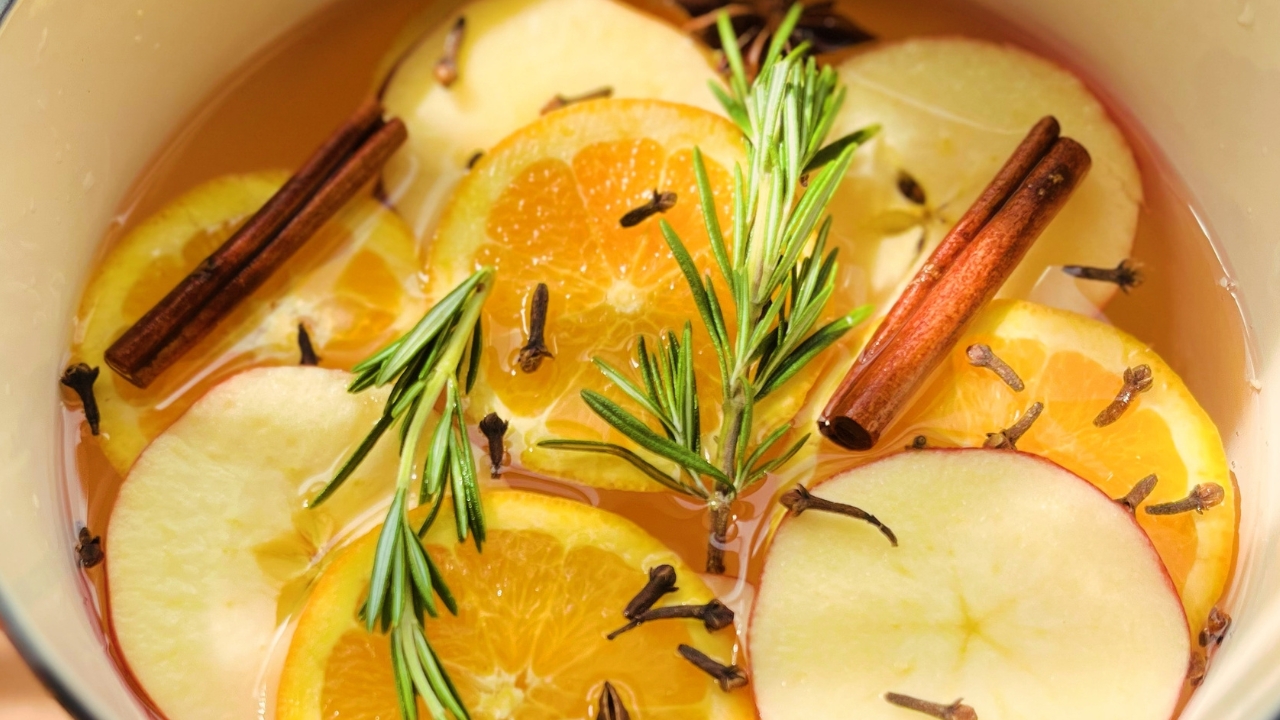
After a heavy meal, I’ll throw some water, lemon peels, and cinnamon sticks in a pot and let it simmer on low for a bit. It neutralizes food smells and replaces them with something cleaner.
If I don’t have citrus, even a splash of vanilla or a few cloves works. It’s a nice way to reset the air without covering up odors with perfume-y sprays.
Wipe Cabinets and Walls Near the Stove
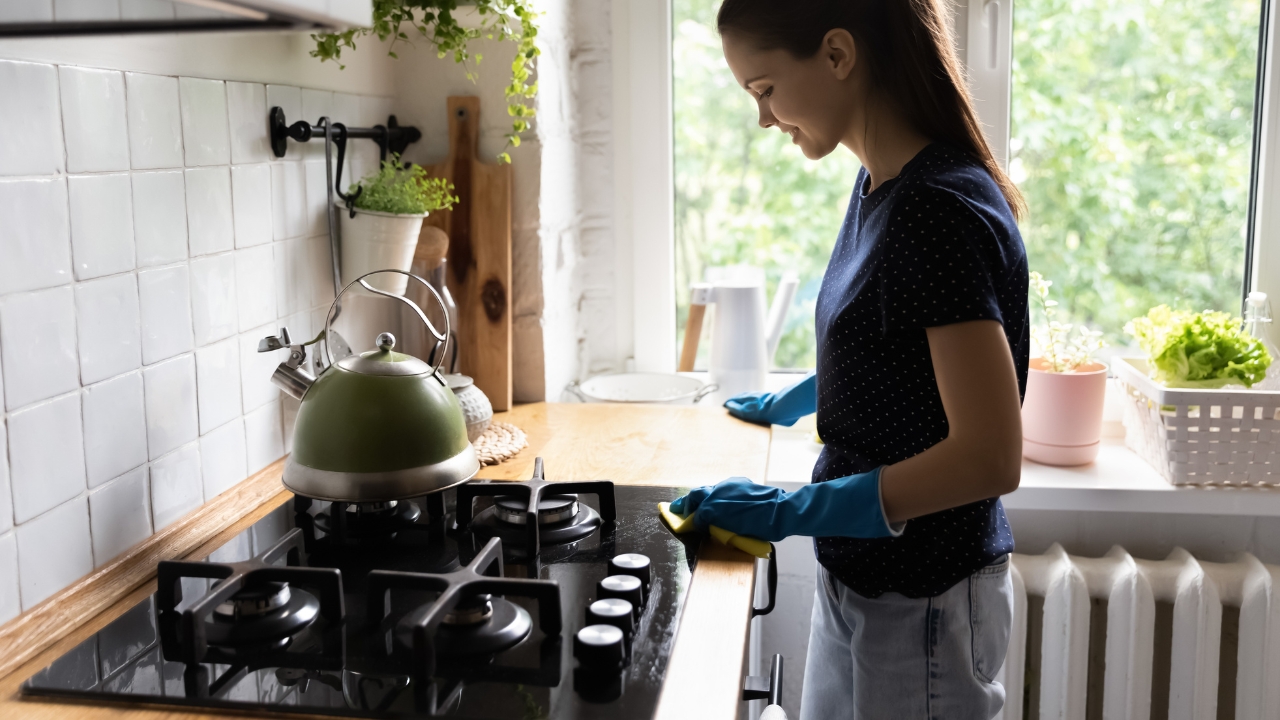
Steam carries cooking grease, and it clings to everything—especially the cabinets and walls right around your stove. I give those spots a wipe down once a week with a simple degreaser or warm, soapy water.
It doesn’t take long, but it keeps your kitchen from holding onto smells long after the meal is gone. If you skip this step, no amount of air freshener will really work.
Light a Neutralizing Candle or Use Baking Soda
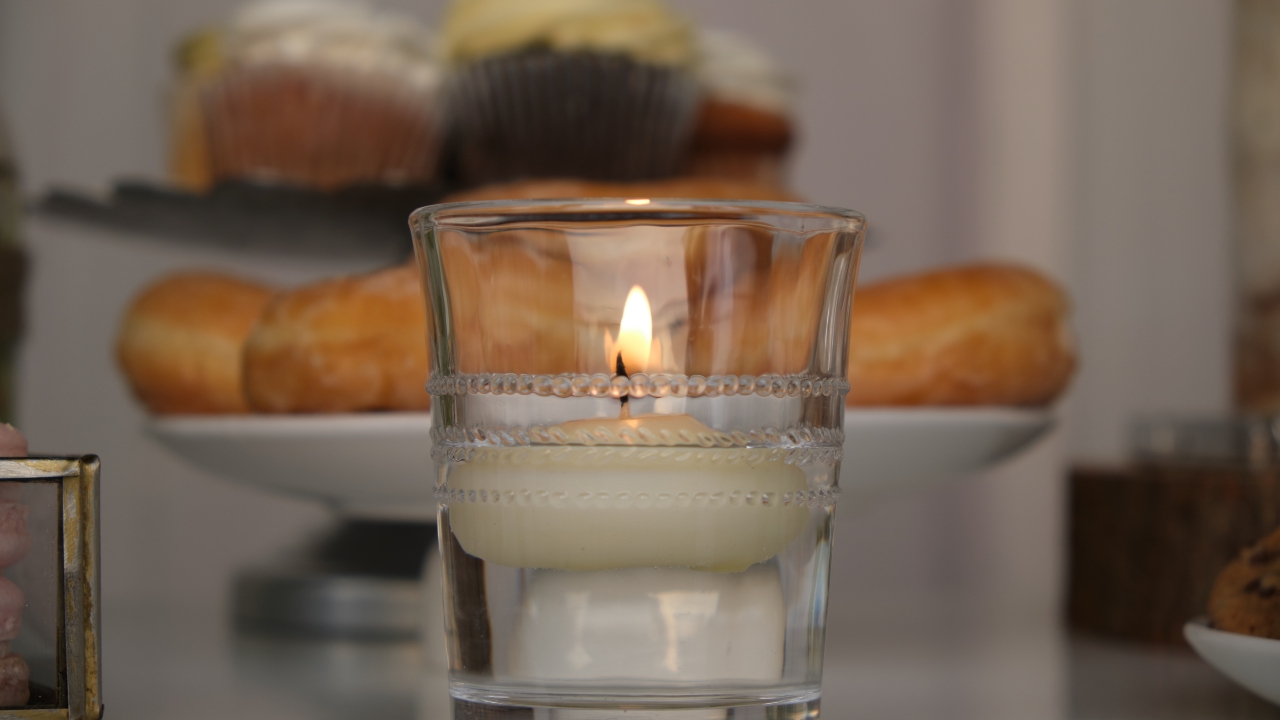
I keep an odor-neutralizing candle or two under the sink for nights when I know dinner’s going to linger. Not something floral—just a clean scent that cuts through cooking odors.
You can also leave out a bowl of baking soda or activated charcoal on the counter overnight. It helps absorb whatever’s left in the air while you sleep, so the kitchen smells better by morning.
*This article was developed with AI-powered tools and has been carefully reviewed by our editors.

